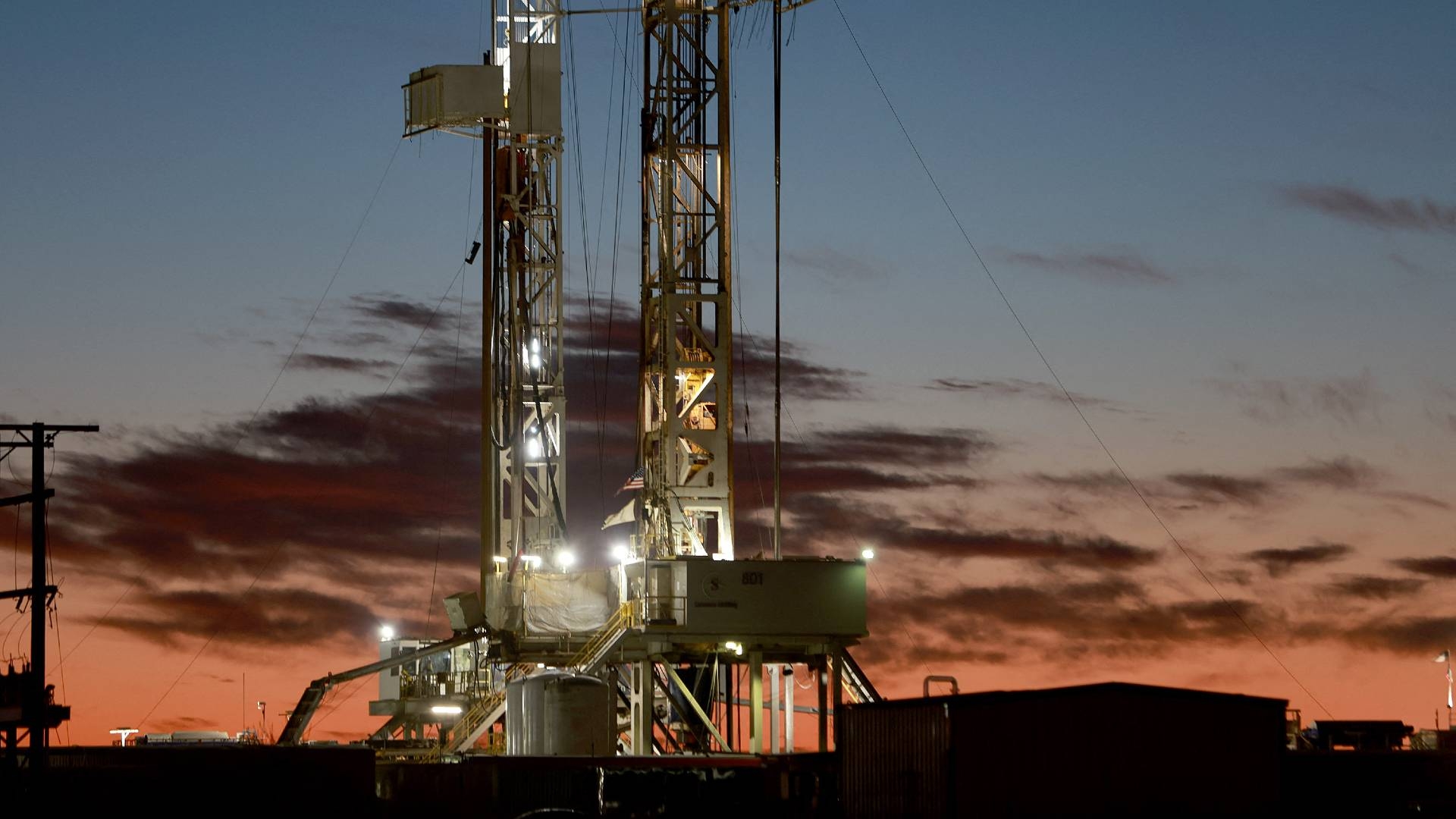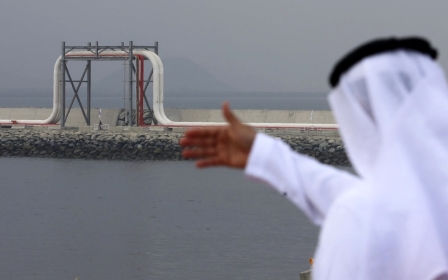Russia-Ukraine war: US releases emergency oil reserves as Opec+ sticks to output plan

The United States announced a "historic release" of one million barrels a day of oil from the country's emergency stockpile on Thursday, hours after the Opec+ group of oil-producing countries and its Russia-led allies agreed on another modest increase in output.
The White House said in a statement that the release would last for six months, amounting to about 180 million barrels in total, draining almost a third of the US's Strategic Petroleum Reserve (SPR).
"The scale of this release is unprecedented: the world has never had a release of oil reserves at this 1mn per day rate for this length of time," the White House said. "This record release will provide a historic amount of supply to serve as a bridge until the end of the year when domestic production ramps up."
Some analysts, however, have suggested the maximum rate of oil the SPR can release is around 500,000 barrels a day, which would make Biden's goal difficult to accomplish.
The price of Brent Crude, the standard benchmark for oil, fell four percent to $107 a barrel after the White House released its statement.
Stay informed with MEE's newsletters
Sign up to get the latest alerts, insights and analysis, starting with Turkey Unpacked
The announcement came shortly after the oil producer group Opec+ decided to stick to its strategy of gradually reopening the taps following a decision taken in March 2020 to cut production as it faced a pandemic-induced crash in oil prices.
Opec+, which comprises the Organization of Petroleum Exporting Countries (Opec) and other producer nations including Russia, agreed on Thursday to raise output targets by 432,000 barrels per day from 1 May. The group's meeting lasted a total of 12 minutes.
The group has resisted repeated calls by the US to pump more crude to cool prices that climbed close to an all-time high after Washington and Brussels imposed sanctions on Moscow following its invasion of Ukraine.
Saudi Arabia and the United Arab Emirates, which hold the bulk of spare production capacity within Opec, have resisted calls for higher output, saying the group should stay out of politics and focus on balancing oil markets.
Most Opec+ members are already pumping at maximum capacity, while Riyadh and Abu Dhabi - which have spare capacity to raise production - say beefing up output would actually raise prices, not lower them.
UAE energy minister Suhail al-Mazrouei told an industry conference this week that "if we do what [western consumers] are asking for, what’s going to happen to the oil prices? It's going to go up."
Mazrouei, a former president of the oil alliance, also rebuffed requests to expel Russia from Opec+, saying Moscow was an important member of the global energy alliance and no producer could substitute its production.
"Unless someone is willing to come and bring 10 million barrels, we don't see that someone can substitute Russia," Mazrouei said during the Atlantic Council's global energy forum in Dubai.
As oil prices have soared to around $100 a barrel, the United States and several European nations have been calling on Gulf Arab oil producers to do more to help bring down prices.
Earlier this month, UK Prime Minister Boris Johnson travelled to the UAE and Saudi Arabia and raised the issue directly with the countries' leaders.
Still, Abu Dhabi has raised concerns that these calls have come amid efforts to pull away from long-term oil and gas investments and towards renewable energies.
Middle East Eye delivers independent and unrivalled coverage and analysis of the Middle East, North Africa and beyond. To learn more about republishing this content and the associated fees, please fill out this form. More about MEE can be found here.




